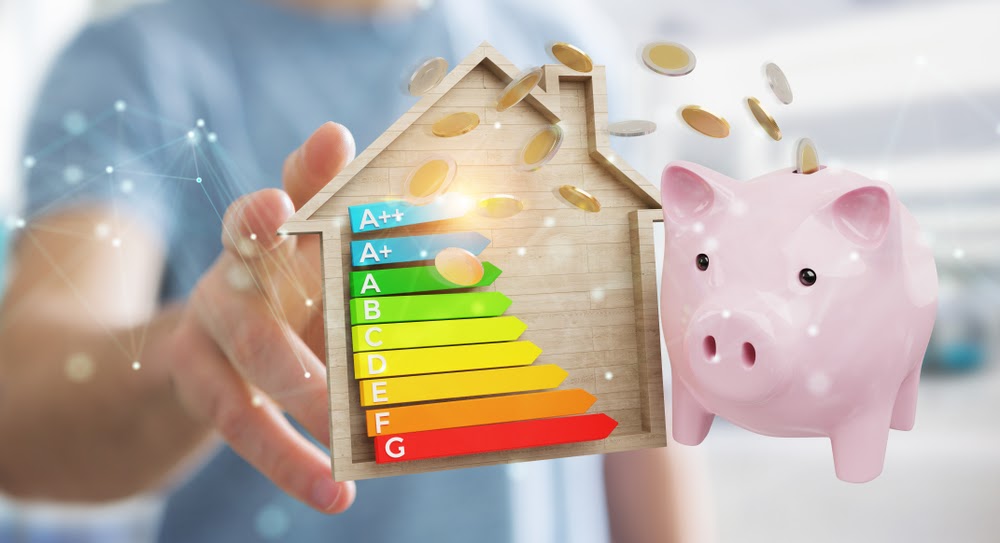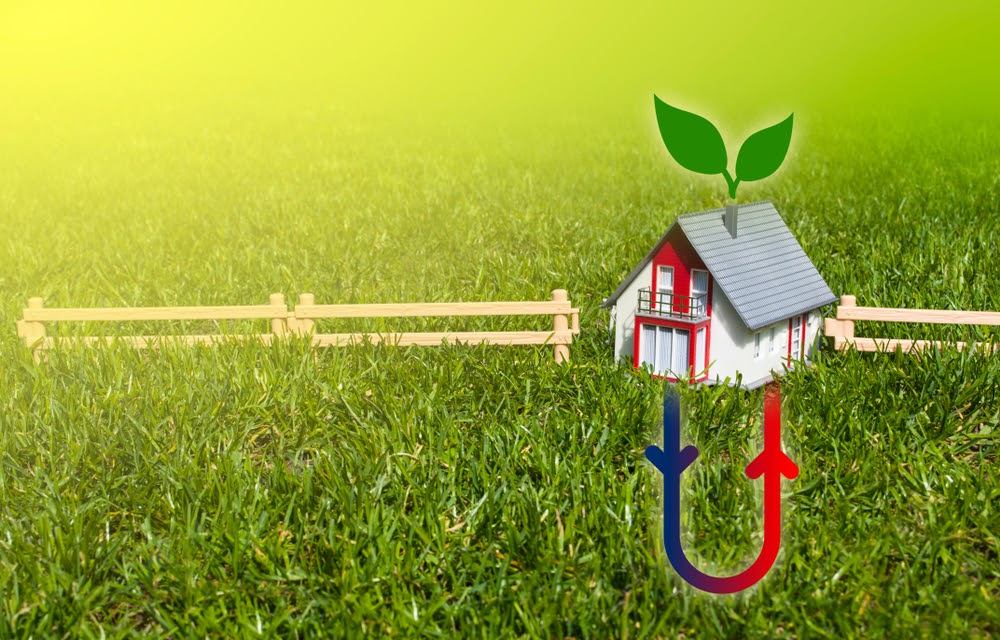Is there a Tax Credit for Energy Efficient Appliances?
Buying a new energy-efficient appliance may be a larger investment than opting for the standard appliance. To offset the cost, homeowners may wonder if that new appliance qualifies for rebates or even a tax credit.
For many energy-efficient upgrades, rebates can help homeowners receive money back on their purchase. Tax credits, though, could help offset taxes owed when homeowners file their yearly tax return. Is there a tax credit for energy efficient appliances? Here’s what homeowners need to know.

Energy-Efficient Appliance Rebates
Energy-efficient rebates are a bit like coupons, but while coupons provide a discount on a purchase, rebates give owners a little bit of cash back after their purchase. Many energy-efficient upgrades and appliances qualify for rebates. The amount of rebates, though, may vary.
Homeowners can find available rebates in their area by visiting their local utility provider’s website. Typically, electric and gas providers will include rebate information on their sites for customer convenience and to help encourage customers to select energy-saving options.
An easier way to find rebates is via ENERGY STAR. Just enter the household zip code, and the site will show all available rebates in the area. Homeowners will have to find what upgrades or appliances may qualify by sorting and sifting through all the options.
benefyd also can help homeowners find applicable rebates in their area. Homeowners can download the app for free and use benefyd to conduct a home energy audit on their home. Not only will benefyd identify all the energy drains in each room, but it will show rebates, too.

Energy-Efficient Tax Credits
Energy-efficient tax credits are very different from rebates. A tax credit is a ‘credit’ on the tax return that may offset year-end taxes. Credits include specific guidelines, and homeowners must qualify for these credits in order to claim them.
ENERGY STAR provides homeowners with details on available tax credits for energy-efficient property upgrades. Heat pumps, central air conditioning, gas/propane/oil hot water boiler, gas/propane/oil furnaces and fans, non-solar water heaters, advanced main air circulating fan, and biomass stoves are all listed under the residential energy property costs. Credit amounts vary.
For qualified energy efficient improvements, insulation, roofs (metal and asphalt), and windows/doors/skylights are listed. For improvements, the tax credit is noted as being 10 percent of the cost (the credit does not include installation costs).
Homeowners who have installed more extensive energy-efficient systems like wind turbines, solar energy systems or geothermal heat pumps may be able to claim the renewable energy tax credit associated with their improvement. Credit amounts are determined by the date the system was placed in service.
A certified public accountant (CPA) or licensed tax professional can answer any questions about these credits and help qualifying homeowners claim them. Again, though, these credits can only be claimed if homeowners meet the requirements for the credit.
Homeowners also can consult the Internal Revenue Service’s information page about energy-efficient tax credits.
Do Smaller Appliances Qualify?
Smaller household appliances like energy-efficient refrigerators or washing machines might not qualify for tax credits, but homeowners should research if they qualify for rebates. Many energy-efficient appliances offer applicable rebates through a utility provider.
Typical household appliances don’t necessarily have a long lifespan, whereas more significant improvements like solar powered systems or geothermal heating could offer long-term benefits. Still, rebates could help offset the cost of that new appliance and put money back into a homeowner’s bank account.
Homeowners also shouldn’t forget that they will save money throughout the life of that appliance. ENERGY STAR appliances use less energy, and, for households with numerous energy-efficient appliances, the savings could add up.
Light Up More Savings
Homeowners may upgrade typical appliances like dishwashers, washing machines, refrigerators, etc. However, they shouldn’t forget to upgrade smaller energy drains in their house, too. Light bulbs are everywhere in the home, and the cost to light a home definitely contributes to the monthly electric bill.
Change out light bulbs to the most energy-efficient options: LEDs. Some electric companies offer these bulbs for a discount. Others could offer a small rebate for LED bulbs. Upgrading the bulbs could save homeowners money in the long-term and in the short-term! To find out if LED bulbs qualify for rebates, visit the ENERGY STAR site and enter home’s zip code.
When homeowners are ready to upgrade the appliances in their home to energy-saving options, they should remember to research any applicable rebates. Visit ENERGY STAR or use benefyd to find all applicable rebates for appliances, lights and more. Homeowners that are investing in more extensive energy-efficient renovations or improvement projects may be able to claim energy-efficient tax credits. Consult a tax professional with any questions about claiming these credits; remember the upgrades need to qualify for homeowners to claim those credits!


